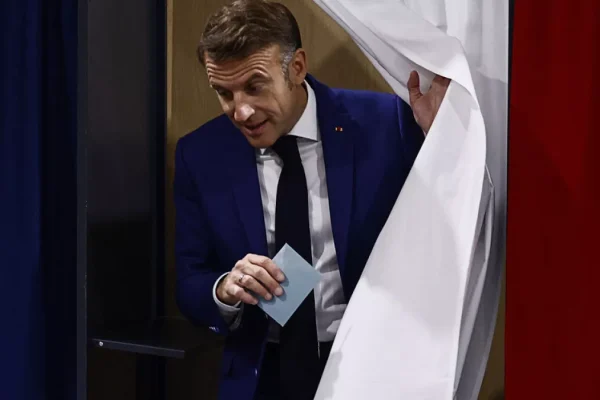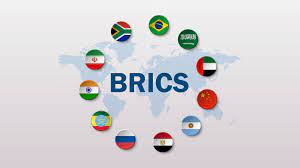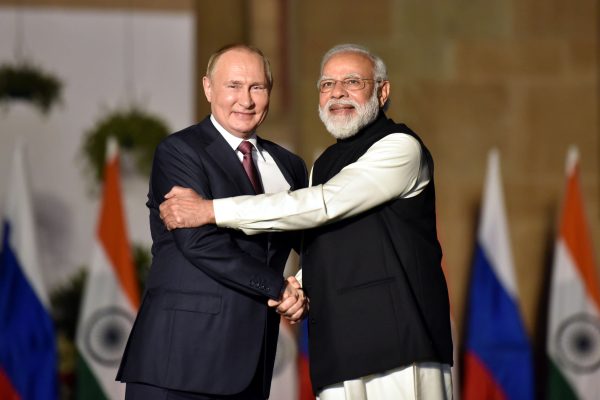
I Knew I Would Be Back”: Simone Biles Qualifies for Paris Olympics
Simone Biles has qualified for the Paris 2024 Olympics, marking a triumphant return to gymnastics after her withdrawal from the Tokyo Games due to mental health concerns. Her journey highlights her resilience, mental health advocacy, and enduring dominance in the sport. Fans eagerly anticipate her performances in Paris, where she aims to further cement her legacy as one of the greatest gymnasts of all time.












